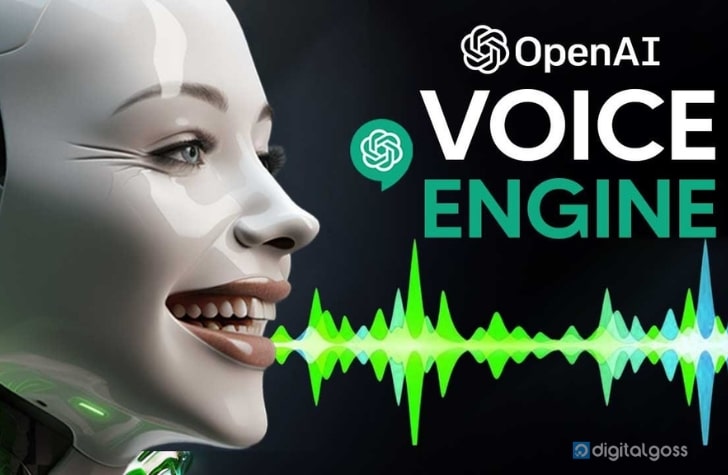OpenAI has announced a delay in the release of its much-anticipated ChatGPT “Voice Mode” feature. Initially slated for late June, the rollout has been postponed to July 2024 due to technical challenges.
The “Voice Mode” was expected to bring a realistic voice conversation experience to a select group of ChatGPT Plus users. However, OpenAI stated that it needed more time to ensure the feature met its high standards for launch. “For example, we’re improving the model’s ability to detect and refuse certain content. We’re also working on improving the user experience and preparing our infrastructure to scale to millions while maintaining real-time responses,” OpenAI mentioned in a post on social media platform X.
The initial release will be limited to a small group of users to gather feedback, with a broader rollout planned for all Plus users in the fall, pending safety and reliability checks. Alongside this, OpenAI is developing new video and screen-sharing capabilities.
In May, OpenAI announced its latest AI model, GPT-4o, which promises realistic voice interactions and the ability to work across text and images. This new model aims to keep OpenAI ahead in the rapidly evolving AI technology sector.
The new audio capabilities will allow users to speak to ChatGPT and receive real-time responses without delay, and even interrupt ChatGPT while it is speaking—features that are essential for creating realistic conversations, which have historically been challenging for AI voice assistants.
OpenAI emphasized the importance of refining content detection, enhancing user experience, and upgrading its infrastructure to handle scalability, all while ensuring real-time responses. “As part of our iterative deployment strategy, we’ll start the alpha with a small group of users to gather feedback and expand based on what we learn. We are planning for all Plus users to have access in the fall. Exact timelines depend on meeting our high safety and reliability bar. We are also working on rolling out the new video and screen-sharing capabilities we demoed separately, and will keep you posted on that timeline,” OpenAI elaborated in a statement.
The delay underscores the technical challenges even leading AI firms face as they advance their technology. Despite this, OpenAI remains committed to improving its offerings and maintaining a competitive edge. The company continues to face competition from rivals like Anthropic, which recently launched its own advanced AI model, Claude 3.5 Sonnet.
Furthermore, OpenAI is dealing with various external and internal criticisms. This includes a recent incident involving actress Scarlett Johansson, who accused OpenAI of using her likeness without permission for an AI voice demo. OpenAI rebutted these claims but decided to disable the controversial AI voice.
Despite the setbacks, OpenAI continues to innovate and expand its reach. It has garnered new adherents, including the creators of new music videos and commercials using its unreleased video AI model Sora, and healthcare startup Color, which is integrating GPT-4o into a cancer screening app for clinicians. OpenAI’s focus on quality and user engagement is expected to strengthen its market position and drive future growth.
Editor’s Recommendations
- Reddit to Update Web Standard to Block Automated Website Scraping
- Waymo One Autonomous Ride-Hailing Service Now Open to Everyone in San Francisco
- Google Expands Gemini AI Access to Teens Using School Accounts in over 100 countries
- Apple Intelligence: Everything About Release Date, Features, and Privacy

